In the field of industrial automation, cameras and lenses are important components for visual inspection and identification. As the front-end equipment of the camera, the lens has a crucial impact on the final image quality of the camera. Different lens types and parameter settings will have a direct impact on the clarity, depth of field, resolution, etc. of the image. Therefore, the selection of lenses that are suitable for industrial cameras is the basis for achieving high-quality visual inspection.
Professional industrial camera lenses can be divided into the following categories:
1. Fixed-focus lens: fixed-focus lens is the most commonly used type of lens in industrial cameras. It has only one focal length with a fixed shooting range, which is suitable for determining the distance and size of the inspection target. By adjusting the shooting distance, different sizes of shooting range can be achieved.
2. Telecentric Lens: Telecentric lens is a special type of industrial camera lens with a long light path, which can achieve a large depth of field and high definition shooting effect. This kind of lens is mainly used for high-precision, high-stability vision inspection system, such as machine vision, precision measurement and other fields.
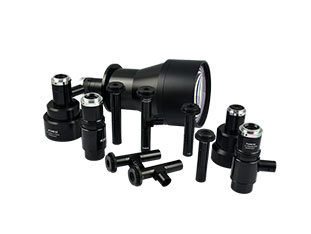
3. Line scanning lens: Line scanning lens is a kind of high-speed scanning lens for line scanning camera or CMOS camera. It is capable of high-speed, high-precision image scanning and is suitable for quality inspection and identification on high-speed production lines.
4. Zoom lens: Zoom lens is a kind of lens that can change the magnification, which can be adjusted to adapt to different inspection needs. It is suitable for precision parts inspection, scientific research and other scenes.
By choosing the type of lens and parameter settings adapted to the camera, high-quality imaging effects and accurate visual inspection results can be obtained. At the same time, the use of high-quality, high-stability industrial camera lenses can also improve productivity and reduce maintenance costs. Therefore, for those engaged in machine vision and image processing, it is very necessary to understand and master the types and use of industrial camera lenses.
Product recommendation
TECHNICAL SOLUTION
MORE+You may also be interested in the following information
FREE CONSULTING SERVICE
Let’s help you to find the right solution for your project!
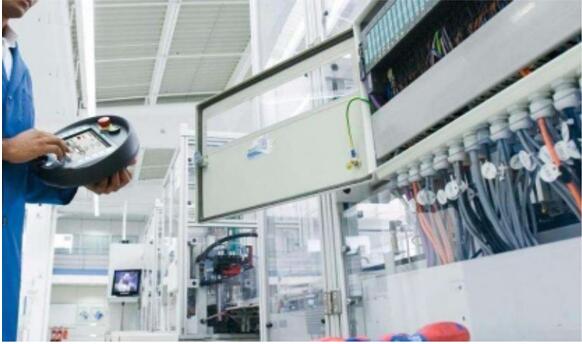

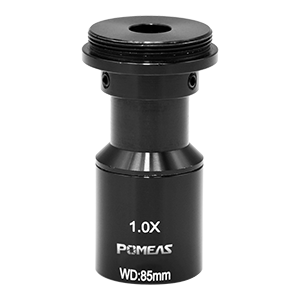
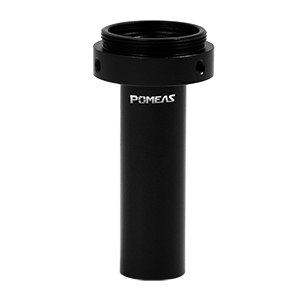
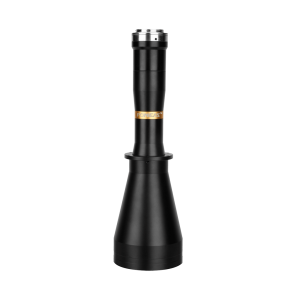
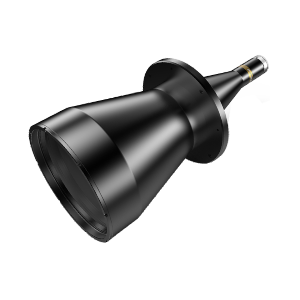
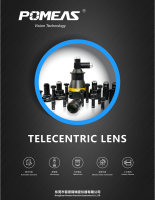

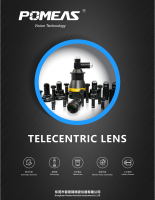
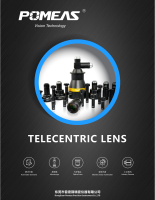
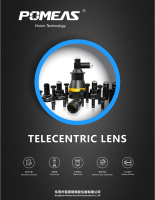
 ASK POMEAS
ASK POMEAS  PRICE INQUIRY
PRICE INQUIRY  REQUEST DEMO/TEST
REQUEST DEMO/TEST  FREE TRIAL UNIT
FREE TRIAL UNIT  ACCURATE SELECTION
ACCURATE SELECTION  ADDRESS
ADDRESS Tel:+ 86-0769-2266 0867
Tel:+ 86-0769-2266 0867 Fax:+ 86-0769-2266 0867
Fax:+ 86-0769-2266 0867 E-mail:marketing@pomeas.com
E-mail:marketing@pomeas.com
